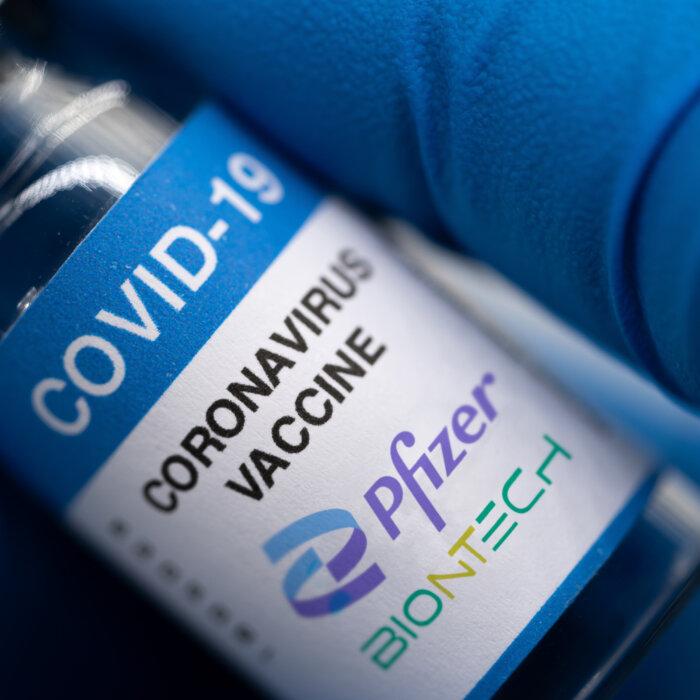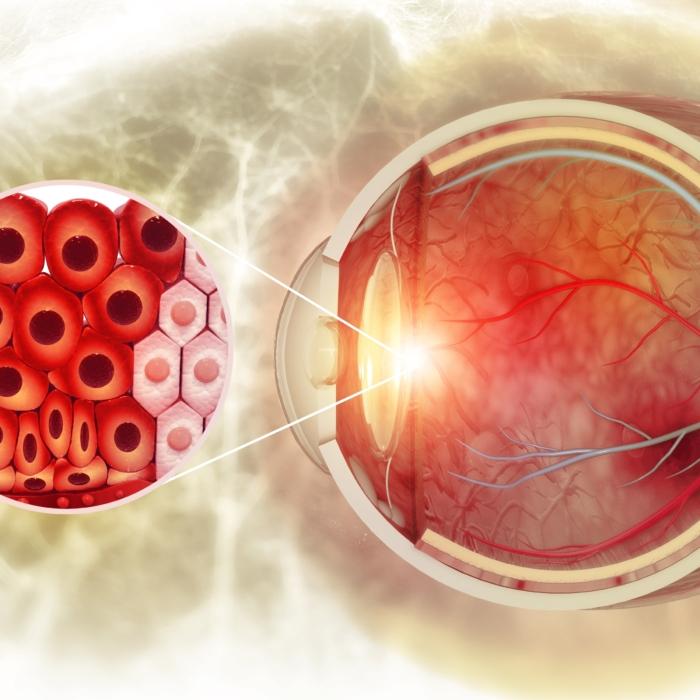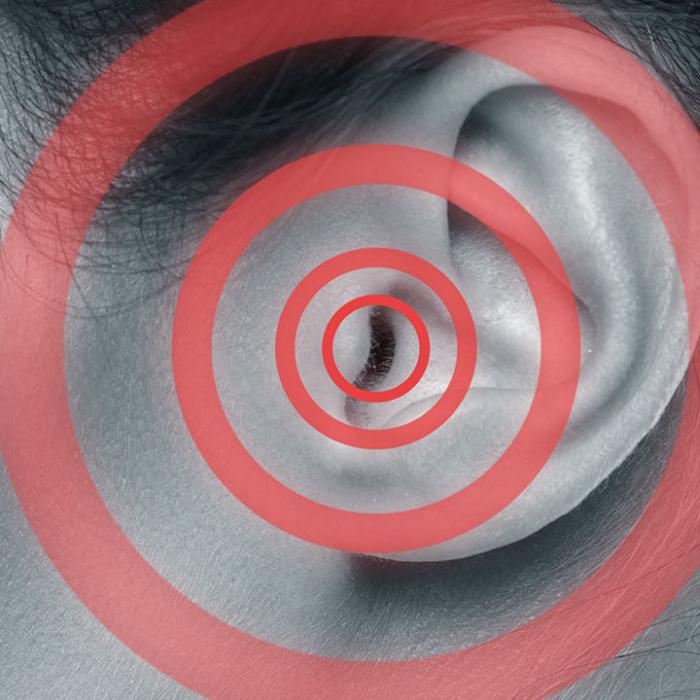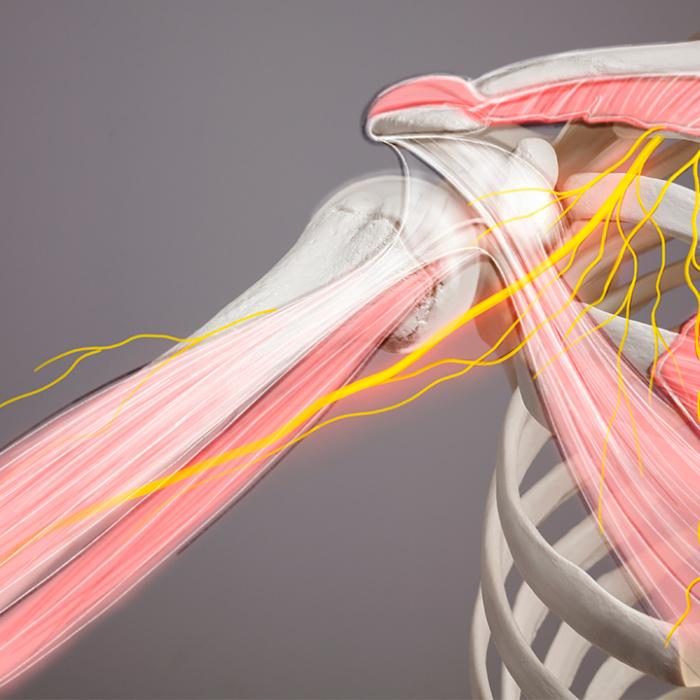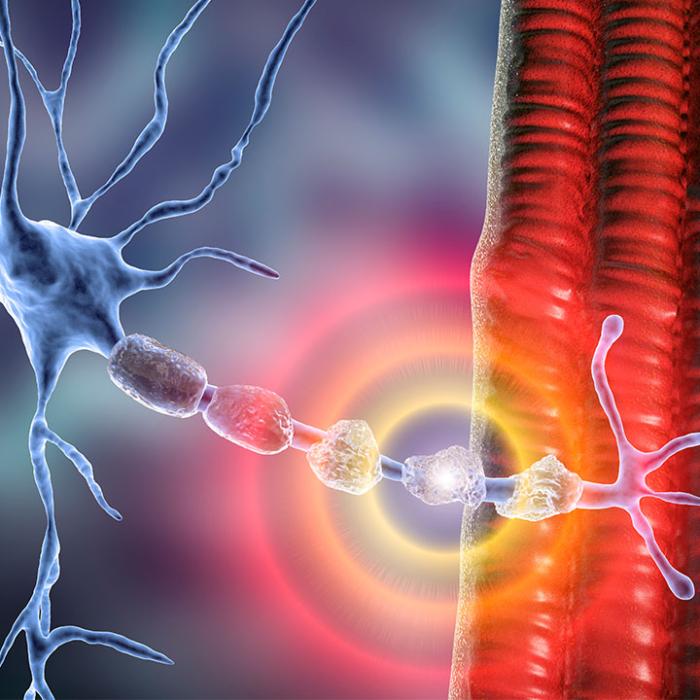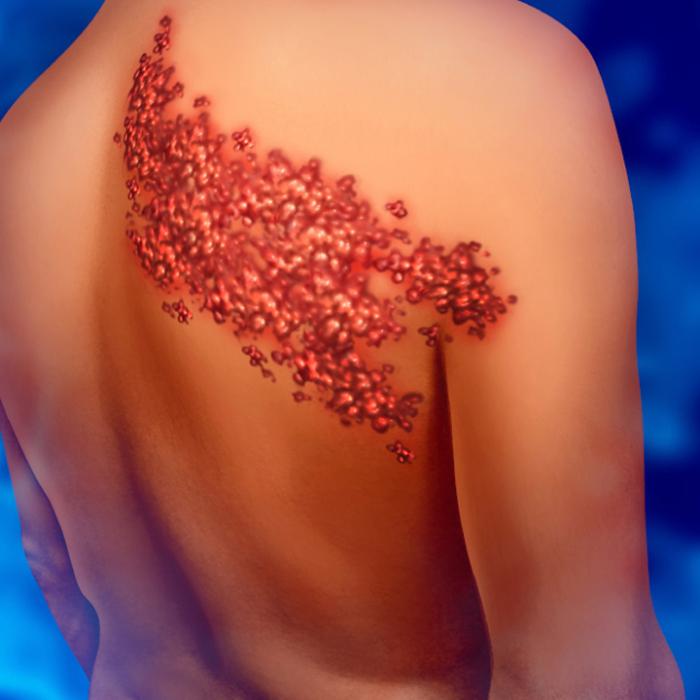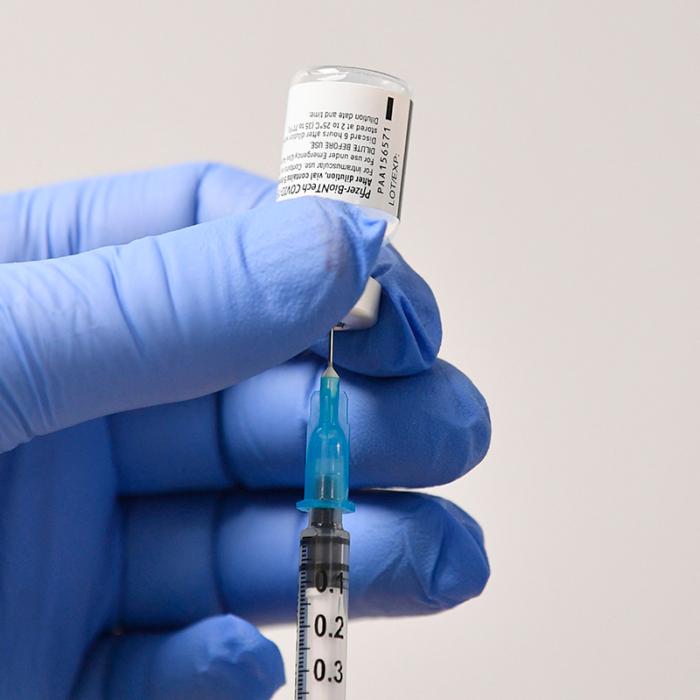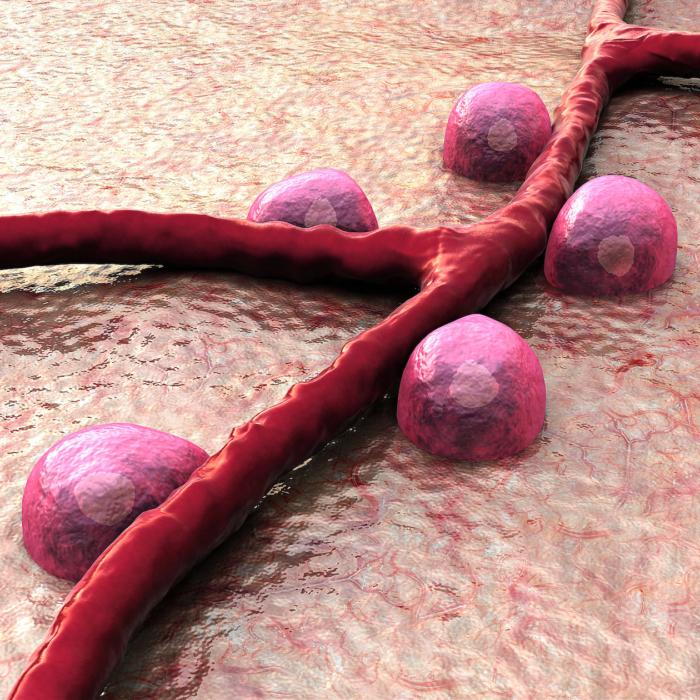On March 10, the Japanese government reported its first death deemed to be directly caused by the COVID-19 vaccine.
A 42-year-old woman took her fourth dose of the Pfizer vaccine. In less than 10 minutes, she started feeling sick and experienced respiratory distress. Five minutes after, she fell unconscious. She didn’t respond to resuscitation and was pronounced dead from pulmonary edema, which is caused by a sudden build-up of fluid in the lungs.
Japan isn’t the first country to officially disclose deaths caused by the COVID-19 vaccines.
Deaths Causally Related to COVID-19 Vaccines
United States: 9 Deaths
As of March 1, the U.S. Centers for Disease Control and Prevention (CDC) has received 19,475 preliminary reports of deaths through its Vaccine Adverse Event Reporting System (VAERS).So far, nine deaths from rare blood clots have been causally associated with Johnson & Johnson (J&J) COVID-19 vaccinations.
Other vaccines haven’t been officially linked with any deaths, although Pfizer and Moderna vaccinations make up the majority of adverse event and death reports on the CDC’s VAERS.
Canada: 4 Deaths
As of March 3, 427 post-vaccine deaths have been reported to the Canadian government, of which four deaths were “consistent with causal association to immunization,” a statement on the Canadian government’s Health Infobase website reads.UK: 52 Deaths
The UK hasn’t officially released any statements on COVID-19 vaccines. However, the UK’s Office for National Statistics shows that between March 2020 and January 2023, 59 death certificates had the ICD code for “COVID-19 vaccines causing adverse effects in therapeutic use,“ meaning that adverse events were ”involved” in the deaths of the individuals.Among these, 51 deaths listed the same ICD code as an underlying cause, meaning that the deaths were fully or partly due to adverse events from the vaccine.
Australia: 14 Deaths
As of January, the Australian drug regulatory agency, the Therapeutic Goods Administration, has linked COVID-19 vaccines to the deaths of 14 people.New Zealand: 4 Deaths
The New Zealand Ministry of Health has linked four deaths to the Pfizer mRNA vaccines.The ministry couldn’t confirm if the four deaths were directly caused by vaccination, but determined that at least three out of the four deceased individuals developed myocarditis, which could be directly linked to the Pfizer vaccine.
Japan: 1 Death
Japan confirmed its first COVID-19 vaccine-induced death on March 10, following 2,000 reports of deaths after vaccination.India: 15 Deaths
As of February, the Indian Ministry of Health & Family Welfare has documented 15 deaths causally linked to COVID-19 vaccinations in its Adverse Events Following Immunization (AEFI) database.All 15 deaths were linked to the AstraZeneca vaccine, with blood clots documented as the most common adverse reaction. Deaths from brain bleeds and anaphylaxis were also documented.
Singapore: 1 Death
In a Feb. 17 statement, the Singapore state coroner confirmed the city’s first potentially vaccine-related death.The deceased individual was a 28-year-old Bangladeshi man who died on July 9, 2021, three weeks after getting the Moderna vaccine. He collapsed at his work, and it was ruled that he died from myocarditis.
South Africa: 2 Deaths
The South African Health Products Regulatory Authority (SAHPRA) confirmed that J&J vaccines were causally linked to two deaths.On Sep. 13, 2022, SAHPRA confirmed the second case of death following vaccination. Both individuals died of Guillain-Barré syndrome (GBS) following vaccination.
Suspension of COVID-19 Vaccinations
Concerns about side effects and under-researched adverse events have prompted health professionals from nations around the world to call for the COVID-19 vaccines to be suspended. Since the rollout in 2021, some countries have gradually suspended and limited the use of certain vaccines.AstraZeneca
AstraZeneca’s vaccine received conditional approval in the UK in December 2020 and was soon thereafter rolled out across Europe.Johnson & Johnson
J&J received emergency and conditional authorizations in the United States and Europe in February 2021 and March 2021, respectively.Like AstraZeneca, J&J is an adenovirus vaccine, and it also causes similar side effects of thrombosis, thrombocytopenia, and Guillain-Barré syndrome.
Moderna
Several Nordic countries, including Sweden, Norway, and Finland, suspended the use of Moderna COVID-19 vaccines in young people because of concerns about myocarditis and pericarditis.Deaths by Non-mRNA Vaccines More Prevalent, Expert Raises Questions
Although most countries have linked deaths and taken action against the AstraZeneca or the J&J vaccines, indicating they may be less safe than the more popular mRNA vaccines, Kim Witczak, president of drug safety advocacy group Woody Matters and consumer representative on the U.S. Food and Drug Administration (FDA) advisory committee for new therapeutics, speculated about whether political motivations were the main factor in steering vaccine popularity.“The U.S. had the highest uptake of mRNA injections manufactured by Pfizer and Moderna,” professor Linda Wastila from the University of Maryland, whose expertise is in pharmacotherapy and drug policy, told The Epoch Times, referring to the more than 650 million doses of Pfizer and Moderna vaccines that have been administered.
Lack of Investigation
While Norway, Brazil, and many other countries have made public admissions that the deaths of mRNA-vaccinated individuals need to be investigated, there have been no such public admissions from U.S. federal health agencies.“The same people that approve these drugs are the same people who are looking at the data, so you need to have people who are completely detached from results and be willing to also find something,” Witczak said. “But if there’s no curiosity, you’re never going to find it ... But again, it tells you to go in and actually do a deep dive, deep study, and make sure that we’re not manipulating the data.”
Signals for Other Potential Side Effects
Signals for other potential side effects may be impending.Several of the unofficial but well-documented adverse events will be successively explored over the next several articles in this series. Stories will include accounts from individuals suffering from such events, doctors clinically observing such cases, and documentation in the literature.




